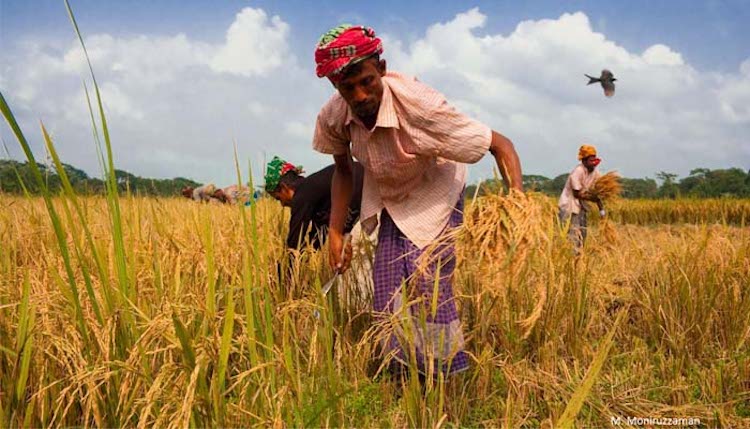By Katharine Pulvermacher*
The author is Executive Director of Microinsurance Network.
LUXEMBOURG (IDN) – Life is hard enough for small-scale farmers, businesses, families and communities who live with the daily threat of losing everything to natural disasters, extreme weather or other catastrophes. Even if you are insured, it can be tough to start again after drought has taken your cattle, pests have destroyed your crop or the main breadwinner has died in an accident. But for the four billion people around the world who have no access to financial services, insurance remains a distant dream.
In 2017, global losses from natural catastrophes were the highest ever at 330 billion dollars. Of these, 195 billion dollars were uninsured, but it doesn’t have to be like this. Millions of people are already covered by affordable, accessible inclusive insurance products, helping them manage risk and becoming more resilient to life’s shocks. Inclusive insurance plays a vital role in lifting millions of people out of poverty, building resilience to crises and disasters, and boosting productivity, food security and well-being.
Yet it is proving stubbornly difficult to reach the vast numbers of low-income, vulnerable people who remain uninsured, but who would benefit most. In some cases, just a few dollars a month are enough to buy the health or life cover that would make all the difference.
With just 12 years left to realise the UN Sustainable Development Goals (SDGs), inclusive insurance – which includes microinsurance – can help ensure no-one is left behind. It is critical for eliminating poverty (SDG1) and hunger (SDG2), and for achieving good health and well-being (SDG 3), gender equality (SDG5), decent work and economic growth (SDG 8), and climate action (SDG13).
No-one is pretending that insurance alone can help the world’s poor to achieve lasting prosperity, but it is a critical factor for success and is an essential component in managing risk and building resilience.
For example, insurance reduces uncertainty and encourages farmers to plant more fields, or buy fertilisers, seeds or new agricultural technologies to increase productivity. For micro, small and medium-sized businesses (MSMEs), insurance helps with access to financial services such as loans, which in turn encourages investment to create employment opportunities.
Low-cost, large- scale insurance is already helping communities in some of Africa’s most drought-prone regions to mitigate the impacts of climate change on crops and livestock. During droughts in 2017, just one microinsurance scheme alone in Kenya triggered payouts totalling 5.3 million dollars to 23,500 households.
The good news is that there’s been a significant increase in the last decade in the number of low-income people with insurance cover of some kind. Yet despite the obvious advantages, insurance cover in developing countries – especially sub-Saharan Africa, Latin America and the Caribbean – remains alarmingly low.
For example, total insurance penetration in sub-Saharan Africa, excluding South Africa, accounts for just one percent gross domestic product per person. Even in Latin America – which has seen the number of individuals covered by microinsurance products jump by 126 percent in ten years – insurance services targeting low-income consumers still represent a tiny fraction of total premiums.
Unfortunately, many insurance companies still see microinsurance as a low priority, claiming that very low premiums make it difficult to turn a profit, even with vast numbers of potential customers.
The poorest countries are not necessarily the largest markets for microinsurance, or the most promising – research shows that consumers spending between two and 10 dollars a day are the most likely customers. This excludes the very poorest, but also underlines the purpose of microinsurance, which is to ensure that people emerging from poverty are able to develop resilience in the face of risk, so that when bad things happen, they do not simply fall back into deep poverty.
The best way to manage risk is to prevent disasters happening in the first place. But in a world faced with increasing conflict, food insecurity and extreme weather, wide-scale inclusive insurance is essential for sustainable development.
* This viewpoint was offered to IDN in the run-up to the 14th International Microinsurance Conference on ‘Inclusive Insurance for Emerging Markets’ which will be held from 6-8 November 2018 in Lusaka, Zambia. [IDN-InDepthNews – 31 October 2018]
Photo credit: Microinsurance Network
IDN is flagship agency of the International Press Syndicate.
facebook.com/IDN.GoingDeeper – twitter.com/InDepthNews

